
- Image via Wikipedia
We live in an area of the country where people decorate for Halloween as much as they do for Christmas, and that is a LOT of lights and sounds and goings on. And we happen to live in a neighborhood where there is a lot of trick or treating visitors – hundreds of children knock on our door each year. It is fun for us, and for them, but it’s not fun for our pets.
Here’s our annual reminder to be good to your pets and keep them safe during this very scary time of year:
- If you purchase candy for the trick or treaters – make sure you put it in a safe spot, away from hungry, curious dogs and cats (and kids for that matter). Chocolate is toxic for our pets and can cause death if eaten in enough quantity.
We’ve listed some signs of chocolate toxicity below. - During trick or treat night, keep your pets locked in a room that has some soothing music or the tv on to keep them calm.
- Even though they are inside, make sure your pets have their id on in the event something happens and they get out, get spooked (pun intended), and run away.
- If you have your own trick or treaters that come home with candy, make sure they also put their candy somewhere your pets can’t get to it. Children sorting through their evening’s loot and spreading their candy out is a common way pets can get chocolate candy to eat.
Signs of chocolate toxicity
Pets who consume chocolate can experience vomiting, diarrhea, excessive thirst and urination, irregular heartbeat, tremors, seizures and even death. These problems are mainly caused by a substance in chocolate called theobromine.
Chocolate can be harmful to dogs (the most common chocolate sneakers), cats, birds, rats and ferrets. The amount of chocolate and the pet’s own system will determine what effect chocolate has, so if you suspect your pet has ingested chocolate and they are experiencing any adverse effects, get them to your veterinarian to be checked, right away.
We want everyone to have a safe Halloween night.
Related articles
- Halloween Chocolate a Serious Threat to Pets (nlm.nih.gov)


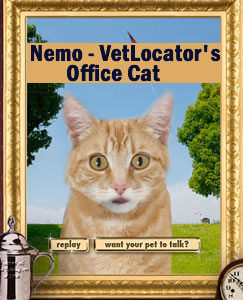
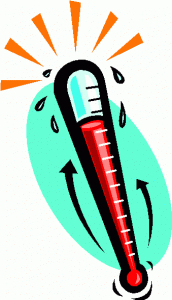
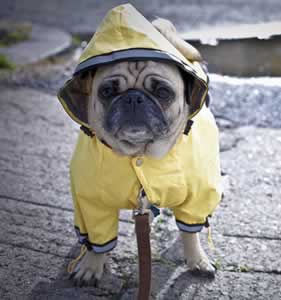

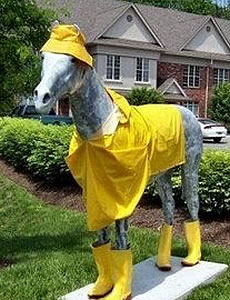


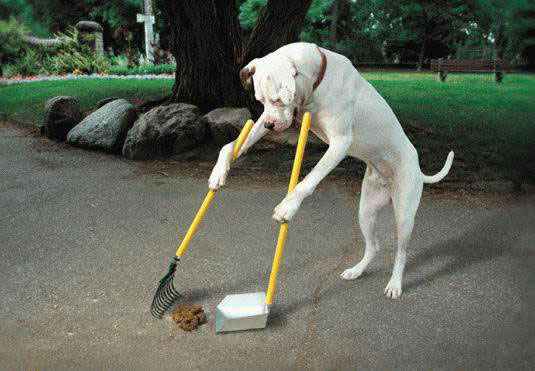






![Reblog this post [with Zemanta]](http://img.zemanta.com/reblog_e.png?x-id=c94744c7-a7e7-8549-8249-d90b2b9b449c)